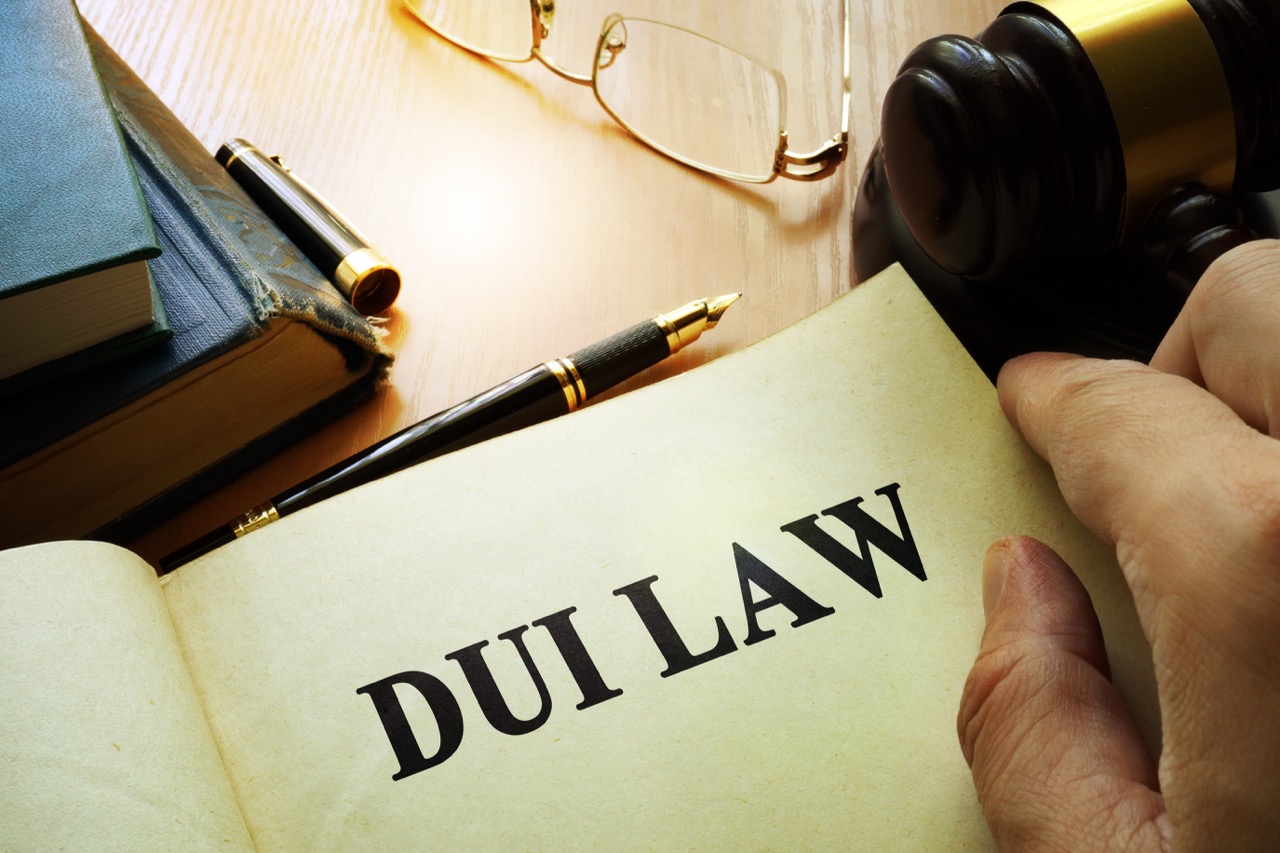Felony Arrest Pennsylvania Steps You Must Know Today
A felony arrest Pennsylvania changes your life instantly. Fear and uncertainty overwhelm most people facing serious criminal charges. The legal process moves quickly with complex procedures at every stage. Understanding what happens after a felony arrest helps you protect your rights effectively. The steps you take immediately after arrest often determine your case outcome. Additionally, working with experienced legal counsel makes the difference between conviction and dismissal.
Pennsylvania’s criminal justice system operates differently than you might expect from television dramas. Each stage has specific deadlines and requirements you must meet. Moreover, facing a felony arrest Pennsylvania without proper legal representation puts your freedom at serious risk.
Understanding the Felony Arrest Process in Pennsylvania
Most people do not understand what happens after a felony arrest Pennsylvania charges are filed. Police complete the arrest based on a warrant or probable cause. Officers transport you to the police station for processing and formal booking procedures. The booking process includes fingerprinting, photographing, and background checks for existing warrants. Police may require DNA testing for certain felony offenses. Additionally, officers will search you and catalog personal belongings.
Formal charges are filed through criminal complaints submitted to magisterial district judges. Pennsylvania felony charges require prosecutors to establish probable cause for detention. Moreover, what happens after an arrest depends on offense severity and criminal history. The state criminal process follows strict timelines set by Pennsylvania Rules of Criminal Procedure. A criminal defense lawyer Pennsylvania residents hire can navigate these complex procedures effectively.
What Happens Immediately After a Felony Arrest?
Officers must read Miranda rights before any custodial interrogation occurs. You have the right to remain silent and request an attorney immediately. Additionally, anything you say can be used against you in court. Search and booking procedures happen quickly after arrival at the police station. Officers photograph and fingerprint you while running warrant checks. Holding cell procedures place you with other arrestees awaiting preliminary arraignment.
Police can question you only after reading Miranda warnings and receiving knowing waiver. You should never answer questions without legal counsel present. Furthermore, police may continue investigations while you wait for your first court appearance. A felony arrest Pennsylvania requires preliminary arraignment within 72 hours under state law. This strict deadline protects your constitutional rights against prolonged detention without judicial review.
Your First Court Appearance: The Preliminary Arraignment
The preliminary arraignment sets the tone for the entire felony case. This hearing occurs within 72 hours of arrest before a magisterial district judge. The magistrate reads charges and informs you of your constitutional rights. Bail or bond decisions happen at the preliminary arraignment. Judges consider offense severity, criminal history, employment status, and community ties. Additionally, conditions of release may include electronic monitoring or travel restrictions.
The magistrate cannot question you about the alleged offense during preliminary arraignment. However, judges gather personal information to make bail determinations. Moreover, Pennsylvania arraignment procedures require written notice of your preliminary hearing date.
Importance of having counsel present cannot be overstated during this critical stage. A bail hearing Pennsylvania lawyer can argue effectively for reasonable bail amounts. Furthermore, felony court process PA requirements make legal representation essential from the start.
The Preliminary Hearing and Why It Matters
The preliminary hearing occurs 3 to 10 days after arrest for defendants in custody. Prosecutors must show probable cause that a crime was committed and you committed it. This burden is much lower than proof beyond reasonable doubt required at trial. Additionally, the ability of defense attorneys to challenge evidence becomes crucial at this stage. Lawyers cross-examine witnesses and highlight weaknesses in prosecution cases. Judges can dismiss charges or reduce them to lesser offenses at preliminary hearings.
What the Defense Can Challenge at This Stage
Defense attorneys examine prosecution evidence carefully during preliminary hearings. Challenging weak testimony or illegal police procedures can result in dismissed charges. Additionally, exposing evidence problems early strengthens your negotiating position. Common challenges include:
- Weak or inconsistent witness testimony revealing credibility problems
- Illegal search or lack of probable cause violating Fourth Amendment rights
- Improper police procedures during arrest or evidence collection
A felony arrest Pennsylvania defense lawyer identifies these issues quickly and presents them effectively to judges.
How Felony Charges Are Classified in Pennsylvania
Pennsylvania classifies felonies into three degrees based on severity. Felony 1 represents the most serious offenses with 10 to 20 years maximum prison sentences. Felony 2 carries 5 to 10 years, while Felony 3 allows up to 7 years incarceration. Maximum sentences increase dramatically with prior convictions. First-degree felonies include crimes like rape, kidnapping, and arson. Additionally, felony penalties PA courts impose include fines up to $25,000.
Felony classifications Pennsylvania law establishes determine mandatory minimum sentences for many offenses. Second-degree felonies cover aggravated assault, burglary, and sexual assault. Moreover, third-degree felonies include theft, fraud, and drug possession with intent cases. Criminal grades Pennsylvania judges use affect parole eligibility and sentence length calculations. Understanding your specific charge classification helps predict potential outcomes. Furthermore, prior convictions elevate grading for repeat offenders automatically.
What Happens During Pre-Trial Motions and Discovery
Evidence exchange begins after formal arraignment in Court of Common Pleas. Prosecutors must provide police reports, witness statements, and forensic evidence. Additionally, defense lawyers submit motions challenging evidence or seeking case dismissal.
Motions to suppress exclude illegally obtained evidence from trial. Suppression of key evidence often forces prosecutors to dismiss charges entirely. Moreover, motions to dismiss attack insufficient probable cause or procedural violations.
Negotiation opportunities arise throughout the pre-trial phase when both sides evaluate case strengths. A felony arrest Pennsylvania lawyer uses this time to build strong defenses and negotiate favorable outcomes. Furthermore, early case resolution benefits defendants through reduced charges or alternative sentencing.
How a Defense Lawyer Can Reduce Felony Charges
Without strong counsel, felony charges can quickly lead to life-changing consequences including lengthy prison sentences. Experienced attorneys negotiate with prosecutors to reduce felonies to misdemeanors. Additionally, challenging evidence credibility weakens prosecution cases significantly.
Defense strategies include presenting mitigating facts showing lesser culpability or unusual circumstances. Alternative sentencing options like treatment programs or probation may be available. Moreover, charge reduction Pennsylvania lawyers know which arguments succeed with specific judges and prosecutors.
ARD programs offer first-time offenders opportunities to avoid convictions through successful completion. Criminal defense strategies PA attorneys employ depend on case facts and client circumstances. Furthermore, plea negotiation felony cases requires understanding sentencing guidelines thoroughly. A felony arrest Pennsylvania requires immediate legal intervention to preserve all available defense options.
Potential Outcomes After a Felony Arrest in Pennsylvania
Several outcomes are possible depending on evidence strength and defense effectiveness. Charges dismissed represents the best outcome when prosecutors cannot prove their case. Additionally, reduction to misdemeanor dramatically decreases penalties and long-term consequences.
Plea deals offer certainty by agreeing to specific charges and sentences. Trial verdicts provide the opportunity to challenge all evidence before juries. Moreover, diversion programs depending on offense type allow defendants to avoid convictions entirely.
A felony arrest Pennsylvania does not automatically lead to conviction when strong legal representation exists. Prosecutors dismiss charges regularly when evidence proves insufficient. Furthermore, many felony cases resolve through favorable plea agreements reducing charges significantly.
What to Do Immediately After a Felony Arrest
Protecting your rights begins the moment police make contact with you. Smart decisions during and after arrest preserve defense options later. Additionally, immediate action often determines whether you spend pretrial time in jail or at home.
Take these critical steps:
- Stay silent and exercise your Fifth Amendment right against self-incrimination
- Do not discuss your case with police, inmates, or anyone except your attorney
- Avoid social media posts about your arrest or the underlying incident
- Contact a defense lawyer immediately to begin building your defense strategy
- Gather documents and evidence that could support your version of events
A felony arrest Pennsylvania demands immediate legal consultation to protect constitutional rights effectively.
Why Hiring McKenzie Law Firm, P.C. Matters After a Felony Arrest
Not every lawyer understands the complexities of Pennsylvania felony cases and court procedures. McKenzie Law Firm brings extensive experience with felony defense in state and federal courts. Additionally, Attorney David McKenzie’s background as a former prosecutor provides unique insights into prosecution strategies.
Our 800+ positive reviews demonstrate consistent results and satisfied clients. We develop personalized strategies based on specific case facts and circumstances. Moreover, our fast response for arrests ensures immediate protection when you need it most.
McKenzie Law Firm handles everything from bail hearings through trial and appeals. A felony arrest Pennsylvania requires attorneys who understand local judges, prosecutors, and court practices. Furthermore, our team fights aggressively to achieve the best possible outcomes for every client.
McKenzie Law Firm, P.C. Can Protect Your Rights
Don’t face a felony arrest Pennsylvania alone without experienced legal representation. McKenzie Law Firm provides 24/7 availability and free consultations for people facing serious charges. We understand how frightening felony arrests feel and work immediately to protect your freedom.
Contact us today to begin building your defense and exploring all available options.
Contact Us Today:
Phone Number: (610) 756-1303
Email Address: info@davidmckenzielawfirm.com
Office Hours: Mon-Fri: 8 AM – 5:30 PM, Sat-Sun: 9 AM – 12 PM
Blue Bell Office:
McKenzie Law Firm, P.C.
325 Sentry Pkwy, Building 5 West, Suite 200
Blue Bell, PA 19422
Exton Office:
600 Eagleview Blvd, Suite 300
Exton, PA 19341
King Of Prussia Office:
630 Freedom Business Center, 3rd Floor
King Of Prussia, PA, 19406





